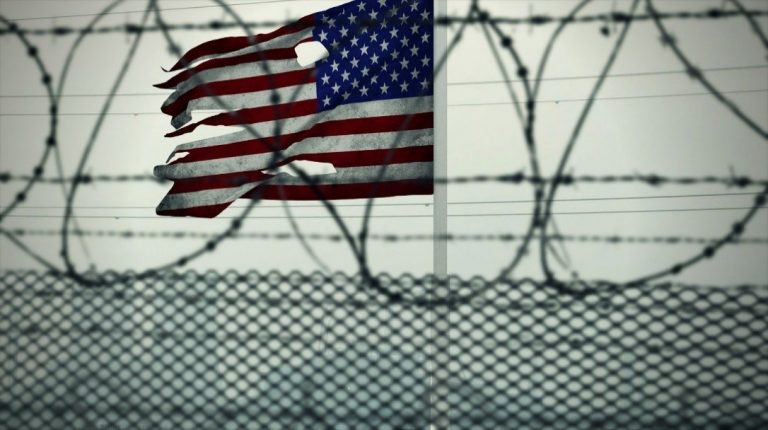CENTER FOR ETHICS AND THE RULE OF LAW

The Future of Guantánamo Bay
Share this Post
- Nov 11 - 12 2021
- Expired!
- 8:00 am - 6:00 pm
The event is finished.
Conference
Recovering the Rule of Law in the Detention Facility and the Military Commissions
Twenty years have passed since the 2002 opening of the Guantánamo Bay Detention Camp following the 9/11 terrorist attacks. From a former height of 780 detainees, at present there are thirty-nine remaining detainees, of whom only eleven have been charged with war crimes. The maintenance of the prisoners costs the U.S. approximately 445 million dollars per year, or roughly ten million dollars per prisoner, a sum that is vastly in excess of the cost of maintaining convicted criminals in maximum security prisons on the U.S. mainland. Many of the detainees have been awaiting trial before the U.S. Military Commission since the early days of the war on terror, and others languish indefinitely, without any expectation of appearing before the commission or even receiving formal charges. Stymied by the history of torture and abuse of detainees and the felt need to maintain high levels of classification, in two decades the commission has completed only eight cases (including five guilty pleas), with four of those convictions overturned on appeal. There have been no trials since the al Darbi guilty plea in 2014. Various members of the Biden administration have voiced strong support for shuttering the detention facility, notably the president himself as well as Secretary of Defense Lloyd Austin.
There is new progress relating to Guantánamo Bay and detainees from the War on Terror. Abu Zabaydah’s situation has risen to international attention since the U.S. Supreme Court agreed to consider his bid to obtain evidence related to his torture for introduction into a Polish proceeding. The Ninth Circuit decision in that case took a stance against the ability of the Biden Administration to disallow testimony by former CIA contract employees on state secrets grounds. And while those matters are under consideration, another detainee, Majid Khan, has delivered extraordinary testimony in his sentencing hearing before the Military Commission regarding the torture he underwent in U.S. custody. Meanwhile, the U.S. has cleared an additional three detainees for transfer, though when those transfers will actually occur is quite another matter.
Complicating forward progress in bringing evidence of U.S. detainee abuse to light and in shuttering the detention facility is the situation in Afghanistan, where the Taliban have taken over the government in the wake of the Trump negotiated and Biden implemented U.S. withdrawal from Afghanistan. The ISIS-K attacks at Kabul airport that claimed the lives of U.S. servicemembers, plus the Taliban’s apparent efforts to prevent such attacks, are strong evidence that despite the U.S. withdrawal from Afghanistan the war on terror will continue.
The withdrawal of U.S. forces in Afghanistan coincides with the 20th anniversary of the 9/11 attacks. The moment is propitious to undertake a full review of the legal and other challenges involved in closing the Guantánamo Bay detention facility. This national response to being attacked on 9/11 has included: the distortion of law to permit illegal acts; the creation and maintenance of an ineffectual military commissions system; the continued detention of uncharged individuals; the mistreatment of detainees in U.S. care; all coupled with a lack of accountability, both on an individual and a national level, for the damage to the rule of law. These abuses have had a negative effect on U.S. national security in multiple respects and have affected the standing of the United States in the international community.
The first step on the path to restoring the rule of law in the wake of the twenty-year war on terror is to resolve the status of continued detainees from that war and to wind down the stalled military commission process. To this end, the Center for Ethics and the Rule of Law (CERL) has convened a group of high-level subject matter experts from a variety of disciplines to consider the challenges posed by continuing operation of GTMO and to develop a legal blueprint for closing the prison.
From November 11-12, 2021, CERL will convene authors of this report to consider its findings, in conversation with academics, members of the military, and experts in national security, intelligence, human rights, and public policy during this two-day closed session conference. The conference seeks to engage participants in an open discussion of the findings of this report with a number of its authors in attendance to debate and discuss its principal recommendations. CERL’s report and ensuing conversation endeavor to strengthen the rule of law by honestly confronting our past and charting a course for the future.
All Rights Reserved © 2025
The Future of Guantánamo Bay

